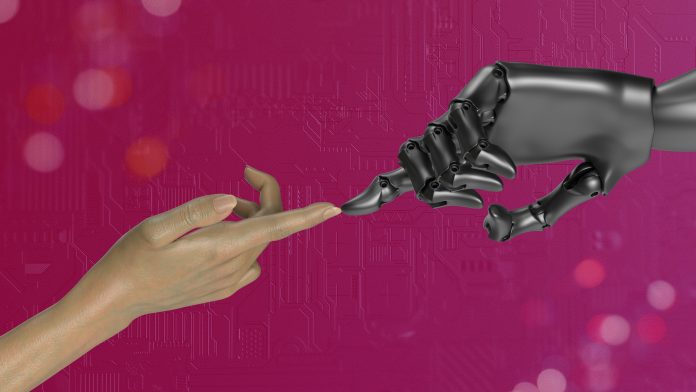
A debate over what to consider a friend has broken out across the New York City subway system. When a new AI startup campaign, friend.com, spent over 1 million dollars on more than 12,000 advertisements across the subway — a greater number than has ever been purchased in the area — the company was probably expecting to be met with receptive audiences and a massive boost in sales. Instead, they were greeted by some clearly disturbed New Yorkers who didn’t hesitate to share their thoughts by vandalising the images posted along the walls.
According to CEO Avi Schiffmann, the minimalistic design of these posters was meant to engage audiences. They were designed that way on purpose, “with a lot of white space so [the people] would socially comment on the topic”. Most of the ads are little more than a picture of a small, round, silver pendant on a chain, paired with a message like “I’ll never bail on our dinner plans” or “I’ll ride the subway with you”. One ad even goes as far as defining a friend, describing it as “someone who listens, responds and supports you.”
These messages, paired with the image of the AI friend, were meant to make those who saw them feel seen and heard but they seemed to fall just short of their goal. Passersby have gone out of their way to stop and add their own messages to these posters, writing, “Go make real friends. This is surveillance,” "Talk to real people” and “AI will promote suicide when prompted. It is NOT your FRIEND.” Other photos have been topped with miscellaneous scribbles, covering the pre-existing words or even religious messages. New Yorkers are fighting back against the computerized companion, believing the product preys on the lonely. This AI “friend” would further isolate those who might need real, human support, under the pretense of friend.com providing them with the care they need.
With this, the AI epidemic continues to spread.
What started as a tool to expand the human mind has grown out of control, rooting itself deep in our lives. AI resources such as ChatGPT and Grammarly, when used responsibly, can make great tools for study but at what point are we dependent on them?
Many people struggle to write an essay or, more likely, a citation without the use of AI. People no longer feel the need to understand grammar and punctuation rules when Grammarly offers to autocorrect it for them. Even without the presence of AI, it is undeniable that more people are addicted to their phones.
According to a Harvard study, there are many causes for this growing loneliness epidemic. Many people claimed that insufficient time with family and overworking were contributing to their feelings of loneliness. But the number one cause? Technology. And now, it’s getting even worse, real human connection is being replaced with a false sense of community from computers.
As temperatures continue to drop, don’t be afraid to turn off that screen for a while. With less sunshine and more time spent indoors, many people report a worsening of their mental health in the winter. Go outside and enjoy the changing leaves and chilly weather of fall. When it gets cold, reach out to friends for a coffee or have a movie night. Check in with friends and family, and know people want to support you. Attend DePauw community events, make new friends, and don’t hesitate to utilize the wellbeing resources provided by the University.
What we need is human connection, not more time behind a screen. Technology can be a tool or a barrier. It all depends on how we use it.
